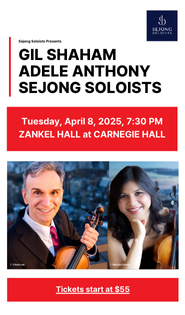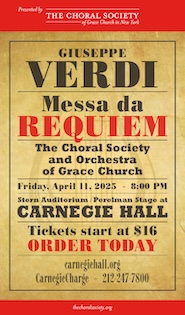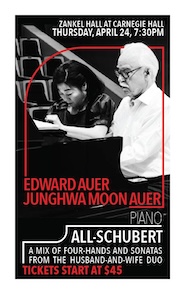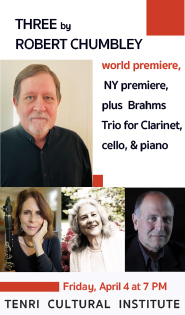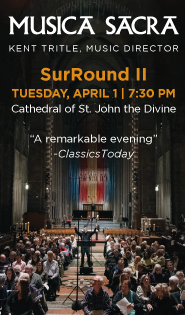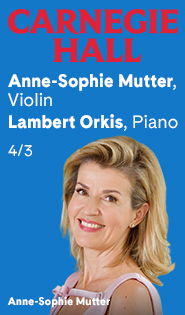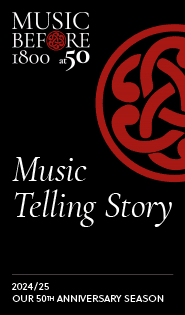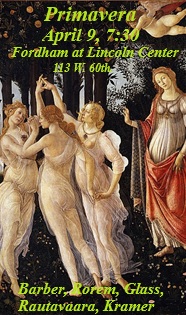Feldman Festival achieves liftoff with Distler’s probing performance
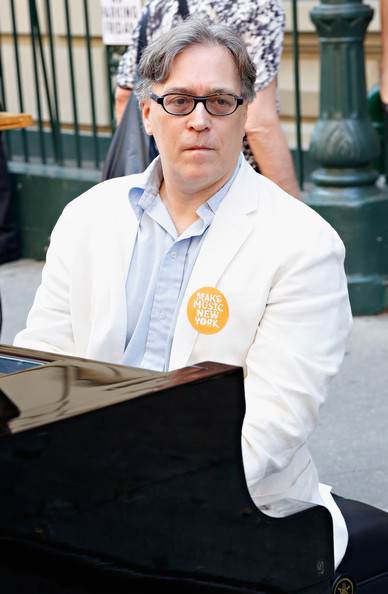
Jed Distler performed Morton Feldman’s “Triadic Memories” Sunday in the opening event of the Feldman Festival at Spectrum.
Thirty years after his early death, Morton Feldman’s music continues to lurk at the edges of the New York City classical scene. Every season, there are one or two or three Feldman performances, events that mark themselves by the sense of absence they visit on the landscape. The quiet of Feldman’s music, the way his thinking steps completely outside the flow of time, fills whatever space it is heard in—art gallery, church, salon—and seems to temporarily remove that place from the landscape.
That was the experience Sunday afternoon at Spectrum, when pianist Jed Distler played Feldman’s Triadic Memories. Distler is part of a small and notable series called Solo Flights that is presenting a festival of Feldman’s late piano music on three consecutive Sundays at Spectrum.
This was Distler’s first public performance of this work, a fact that belied the music and intellectual assurance he displayed.
Feldman’s technique in this (and much of his other late works), was to write short, simple-sounding ideas with complex rhythms, then repeat them with exceedingly subtle but exacting variations. Triadic Memories opens, as an example, with a rhythm of a dotted-eighth rest and two dotted-eighth notes, to be played as a tuplet of four notes in 3/8 time. He later sets that consistent ground against cross rhythms that differ by only the breadth of a hair, or extends the rhythm across fractionally altered meters, yet those differences must be articulated.
Distler played these variations with utter clarity, and his consistent relaxed moderato tempo allowed for no cheating. The duration of Triadic Memories is both extended and flexible, and the performance came in at 92 minutes, which seemed ideal on paper and felt ideal while listening. One’s internal body clock was convinced it had been barely an hour, if even that.
The score is all precision–objects placed on a landscape, a still life in music. There is no narrative direction or even structural purpose, there is just organized pitches—some consonant, some dissonant—and then there is nothing, The music works through an accumulation of experience; depending on one’s shifting moods, that may be beautiful, troubling, fantastical, enervating. The mind responds to Feldman’s fascinating material.
There is drama in the textures and dynamics. The latter are up to the musician, as Feldman will mark a pianissimo and leave it at that for several hundred measures. Yet the music calls for some dynamic range, and Distler’s way of shaping this sounded natural and ideal.
Spectrum proved an ideal venue. Feldman will never draw big crowds, and Triadic Memories is particularly non-thematic and monochromatic—not everyone wants to dig through that to discover meaning. But Spectrum is a salon, and the sense of calm dedication on everyone’s part blotted out all the street noise (and no cell phone rang). The room also boasts one of the best Steinways in town, and Distler’s performance could be heard as an articulation of the sheer, sculpted richness of the instrument.
The intimacy of the setting also led to a brief but stimulating post-concert impromptu question-and-answer session with the pianist. Distler admitted that he had at one point accidentally played a note as a grace note, and then deliberately played that way on the next repetition, turning a so-called mistake into a musical idea. That’s what the best musicians do, and certainly no one heard anything except marvelous playing of Feldman’s fascinating music.
Solo Flight’s Feldman Festival continues 7 p.m. Sunday with Tania Chen playing For Bunita Marcus, and concludes 7 p.m., March 26, with Nils Vigeland playing Palais de Mari and Piano. Reserve tickets by emailing [email protected]
